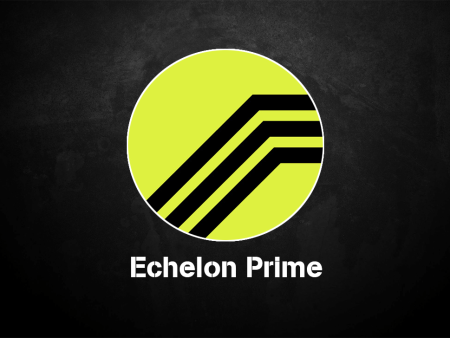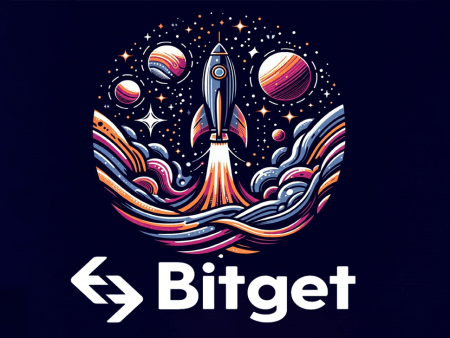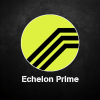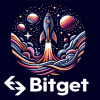Chainlink (LINK) is a pioneering decentralized oracle network. It was created to securely and reliably connect smart contracts with off-chain data.
To understand more about Chainlink (LINK) and all related information, please follow the article below by AZcoin!
What is Chainlink (LINK)?
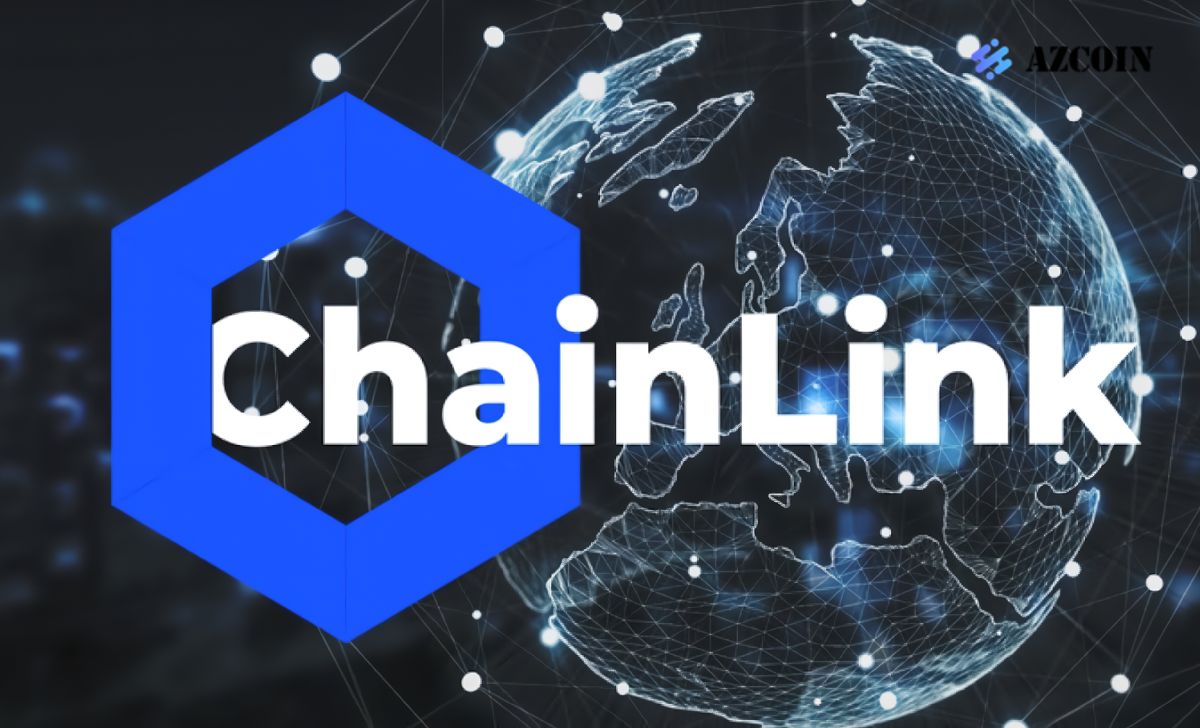
Chainlink is a decentralized oracle network founded by Sergey Nazarov in 2017 and built on the Ethereum blockchain platform. This network acts as middleware, connecting smart contracts with external data sources. Chainlink enables smart contracts to securely access off-chain data such as market prices, weather information, financial data, and more.
Development team, investors, partners
Development team
The Chainlink development team is led by Sergey Nazarov (Founder), Steve Ellis (Chief Technology Officer), Dimitri Roche (Software Engineer), and Mark Oblad (Chief Operating Officer).
Investors
Chainlink has received investments from reputable investment funds such as Sequoia Capital, Google Ventures, and A16z Crypto. These are prominent names in the technology industry and they recognize Chainlink’s potential in providing Oracle solutions for smart contracts.
Partners
Chainlink has established strategic partnerships with many well-known names in the industry, including Swift, Zeppelin, Request Network, and OpenLaw. These partners will collaborate with Chainlink to build and enhance Oracle solutions for smart contracts, laying the groundwork for the development of decentralized applications.
Chainlink (LINK) Highlights
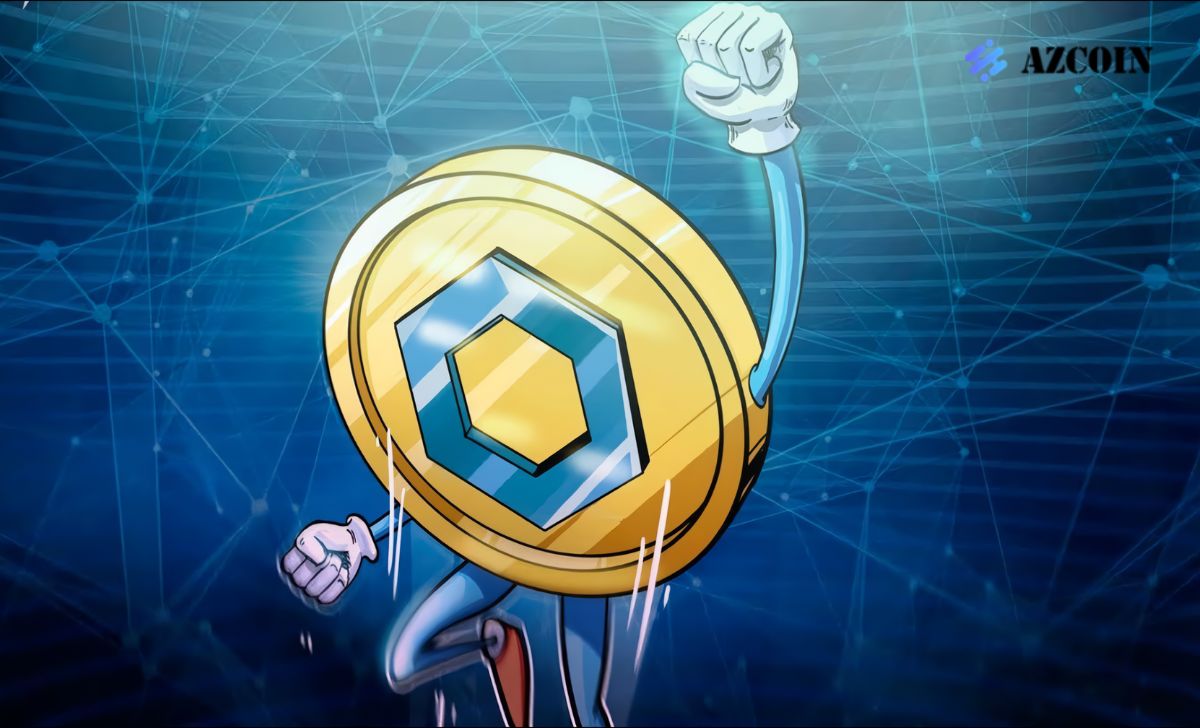
As of the current moment, Chainlink has achieved several notable milestones:
- Chainlink stands as a critical decentralized oracle network, bridging smart contracts with off-chain data sources.
- Expanded operations to 15 blockchains, including Ethereum, BNB Chain, Avalanche, Fantom, among others.
- Developed 7 small-scale products to support developer communities and DeFi projects.
- Over 1,500 partners are either using or providing data for Chainlink.
- Provided over 4.2 billion on-chain data points and processed 8 million VRF requests.
How does Chainlink work?
Chainlink operates by connecting smart contracts with off-chain data sources through Oracle solutions. The process unfolds as follows:
- User requests data: A smart contract needing access to off-chain data sends a request to the Chainlink network.
- Data source selection: The Chainlink network selects and identifies the most suitable data sources for the smart contract’s request.
- Ensuring data integrity: Oracles are summoned to retrieve data from the chosen sources and deliver it to the smart contract. This process is executed through security standards ensuring data integrity.
- Data decryption: Upon receiving the data, the smart contract decrypts and utilizes it to execute its predefined functions.
This process ensures the accuracy and reliability of data used by smart contracts, laying the foundation for the development of decentralized applications.
Detailed information about LINK token
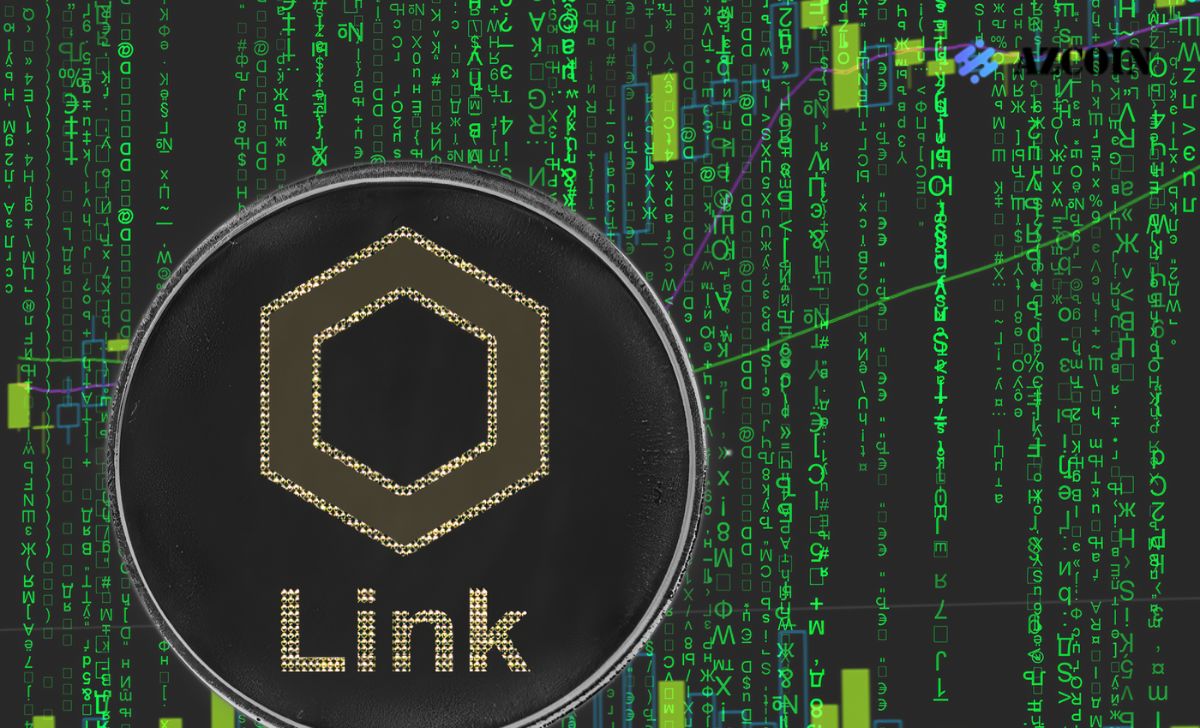
LINK Key Metrics
LINK is the token issued by Chainlink and is used to pay for the usage of the network’s Oracle solutions. It is an ERC-20 token built on the Ethereum platform.
- Token name: Chainlink.
- Coin symbol: LINK.
- Blockchains: Ethereum, Arbitrum One, Avalanche, Optimism, Polygon.
- Token standard: ERC-20.
- Token type: Utility, Governance.
- ETH contract: 0x514910771af9ca656af840dff83e8264ecf986ca.
- Circulating supply: 538,099,971.
- Market capitalization: $196,601,807,264.333.
- Total supply: 1,000,000,000 LINK tokens.
LINK Token Allocation
After issuance, the LINK token is divided into the following totals:
- 35% reserved for Node Operators and Development Team.
- 35% reserved for Sale to Public.
- 30% reserved for Company Reserve.
LINK Token Use Cases
The LINK token has the following main functions and applications:
- Payment for using Chainlink’s Oracle solutions.
- Payment for Oracle services provided by node operators.
- Participation in voting processes and community decision-making.
- Used as a currency in transactions on exchanges.
Where to buy and sell LINK tokens?
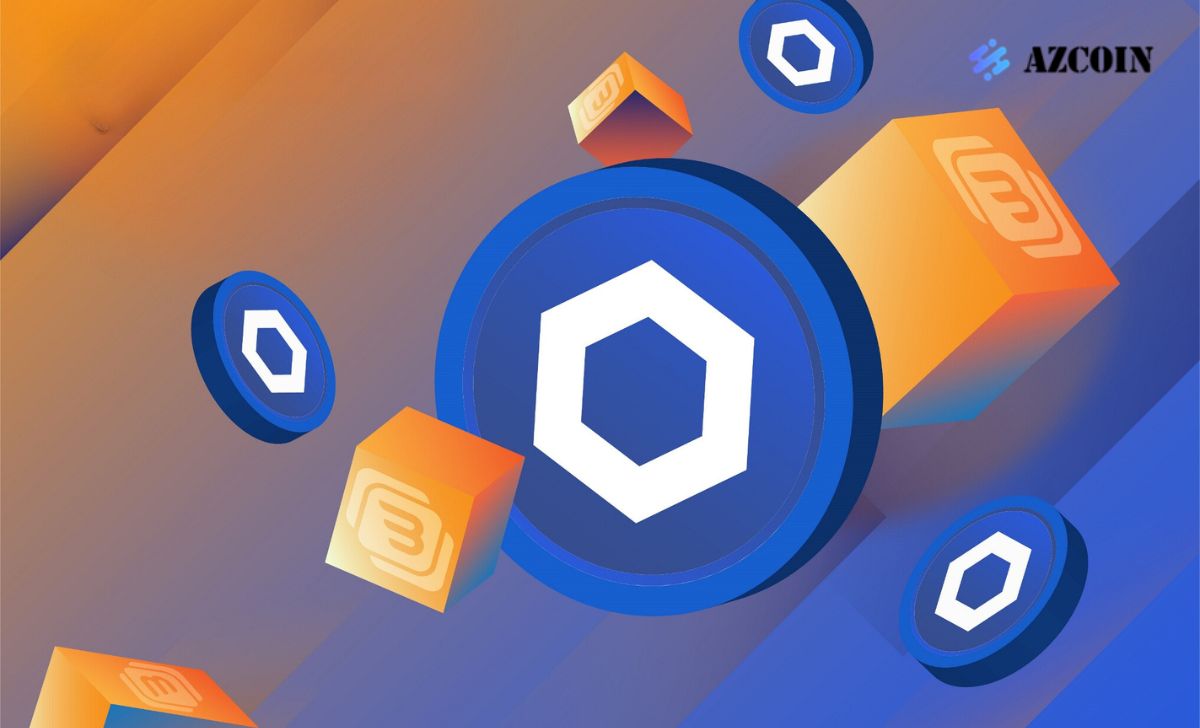
The LINK token is currently available for trading on several top best crypto exchanges such as Binance, Coinbase, and Kraken. Users can utilize various currencies including USD, BTC, ETH, and USDT to purchase LINK.
To buy LINK, users need to create an account on the exchange and verify their identity as per the exchange’s requirements. Afterward, they can place buy or sell orders for LINK with their desired price and quantity.
Wallet to store LINK tokens
Popular storage wallets for the LINK token include Ledger Nano S, Trezor, and MyEtherWallet. Users can download these wallets and store LINK in them to ensure the safety and security of their assets.
When using storage wallets for LINK, users should take care not to share their login information and private keys with anyone, avoiding the risk of asset loss due to security breaches.
Should you invest in Chainlink?
Chainlink is indeed one of the highly regarded blockchain projects in the current market with significant development potential. The project has garnered trust from reputable investment funds and established partnerships with many big names in the industry.
However, like any other investment, investing in Chainlink carries risks and requires careful consideration. Before making any investment decisions, users need to thoroughly research the project and consider factors such as development potential, risks, and their investment strategy.
The end
Here is some detailed information about the Chainlink (LINK) project, one of the promising blockchain projects with unique oracle technology and extensive applications. Hopefully, this article has provided you with an overview and helped you gather more information to make informed investment decisions. Don’t hesitate to contact AZcoin if you have any questions!

I am Louis Dang, living in Ottawa, Canada. I am currently working as a trader for AZCoin company, with 7 years of experience in the cryptocurrency market, I hope to bring you useful information and knowledge about virtual currency investment.

